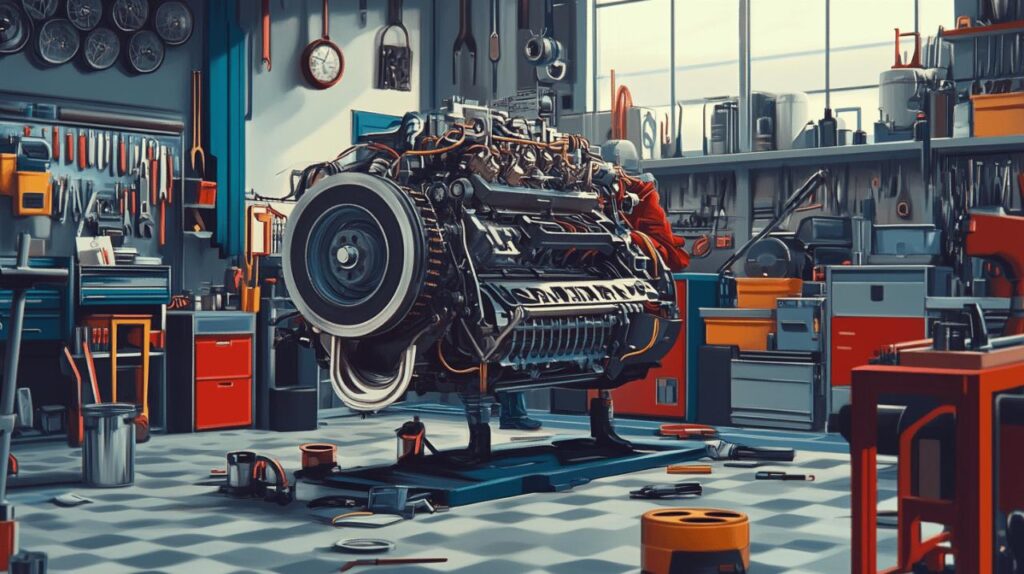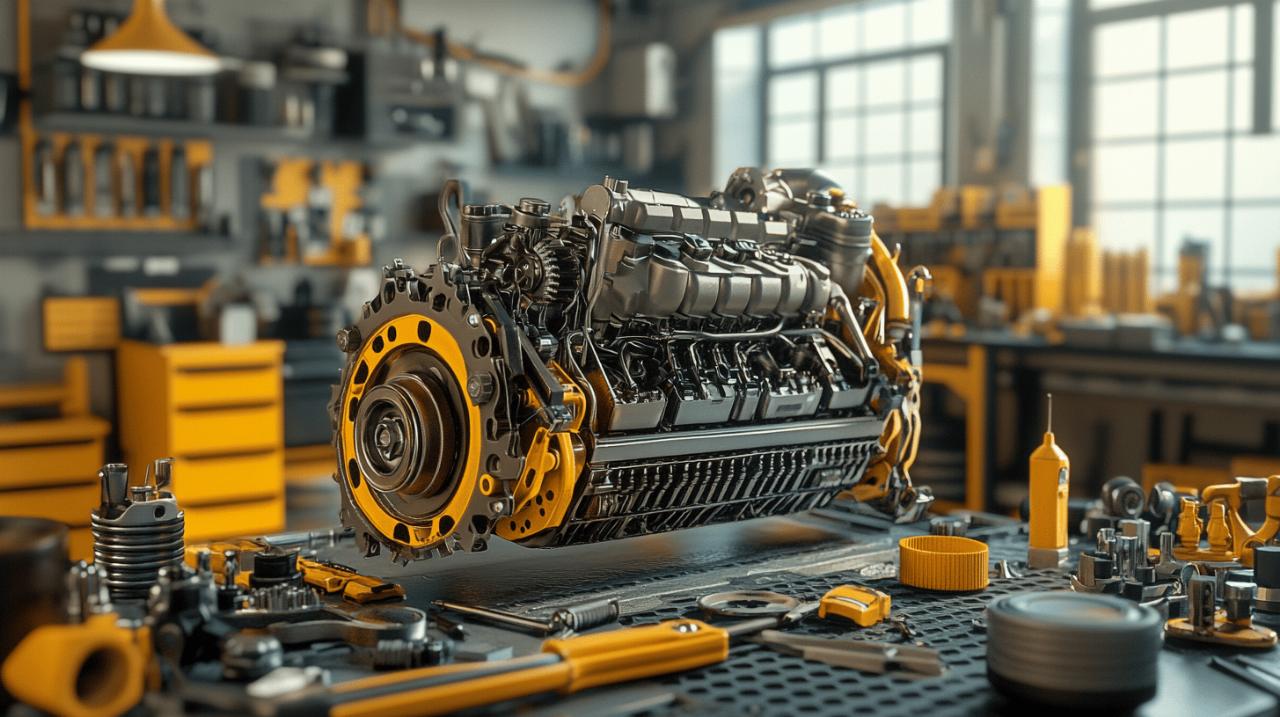Understanding the Costs and Benefits of Engine Replacement

The financial aspects of engine replacement
When your car’s engine starts showing signs of failure, the decision to replace it can be daunting. Engine replacement typically costs between £1,500 and £5,000, depending on your specific vehicle model and the type of engine you choose. This initial outlay might seem steep, but understanding the complete financial picture requires deeper analysis. Our AutoRegional 19 survey found that most vehicle owners who opted for engine replacement rather than buying a new car saved significantly over a three-year period.
Comparing new engine costs vs ongoing repairs
The cost of engine replacement varies widely based on several factors. The make and model of your vehicle play a significant role, as does the complexity of the engine itself. Premium vehicles or those with specialised engines naturally command higher prices. You’ll also need to decide between a rebuilt engine, which is more affordable, or a new engine, which comes at a premium but offers greater reliability. Labour costs differ by location and garage, and additional repairs that might be identified during the replacement process can also affect the final bill.
Comparing these costs against the cycle of ongoing repairs can be revealing. When your vehicle requires frequent garage visits for issues like overheating, unusual engine noises, excessive oil consumption, or regular misfiring, these repair bills accumulate quickly. Many car owners find themselves caught in a cycle of paying for expensive fixes that only temporarily solve underlying problems.
Assessing long-term financial gains
The financial benefits of engine replacement extend beyond avoiding repair costs. A new or remanufactured engine can significantly increase your vehicle’s lifespan, potentially adding many years of service. This extended life means delaying the substantial cost of purchasing a replacement vehicle. Additionally, a properly functioning engine improves fuel efficiency, reducing your regular petrol expenses.
When considering payment options, it’s worth exploring whether your car insurance or extended warranty might cover part of the replacement cost, though wear and tear is typically excluded. Personal loans, financing plans, or garage payment options can help manage the initial investment. Some specialists offer competitive financing specifically designed for major vehicle repairs, making the cost more manageable through monthly payments.
Another financial consideration is the potential increase in your vehicle’s resale or trade-in value. A car with a documented engine replacement is often more valuable than one with an ageing original engine, particularly if you’ve opted for an Original Equipment Manufacturer (OEM) engine rather than an aftermarket alternative.

Performance improvements after engine replacement
Beyond the financial calculations, engine replacement delivers substantial performance benefits that enhance the driving experience. When an engine begins to fail, performance gradually deteriorates, often so incrementally that drivers adapt without fully realising how much power and efficiency they’ve lost.
Enhanced fuel efficiency and power
A new engine restores your vehicle to its intended performance specifications or even improves upon them depending on your choice of replacement. Modern engines often incorporate technological advancements that weren’t available when your vehicle was manufactured, potentially offering better fuel economy than the original. This improved efficiency translates directly to savings at the petrol pump and reduced environmental impact.
Power delivery also sees marked improvement with a fresh engine. Acceleration becomes more responsive, and the vehicle handles challenging driving conditions with greater ease. This enhancement is particularly noticeable when climbing hills or merging onto motorways – situations where engine performance is most demanded.
The type of replacement engine you select significantly influences these improvements. OEM engines ensure compatibility and original specifications, while quality aftermarket engines might offer performance enhancements at a lower price point. For those with electric vehicles, engine replacements are less common but typically more expensive when required, though they generally deliver exceptional efficiency when properly maintained.
Measuring the Gains in Daily Driving
The practical benefits of engine replacement become evident in everyday driving situations. The elimination of worrying engine noises, smoother idling, and more consistent power delivery all contribute to a more pleasant and confident driving experience. Many drivers report reduced stress levels simply from no longer worrying about potential breakdowns or unexpected repair bills.
Reliability improvements cannot be overstated. A new engine dramatically reduces the likelihood of being stranded due to engine failure, making your vehicle more dependable for essential travel and daily commitments. This reliability is particularly valuable for those who rely on their vehicles for work or have limited access to alternative transportation.
To maximise these benefits and protect your investment, proper maintenance remains essential. Regular oil changes, cooling system care, and scheduled inspections will extend the life of your new engine. While an engine replacement doesn’t reset your vehicle’s mileage, it does essentially give the powerplant a fresh start. With proper care, a replacement engine can provide many years of trouble-free service, making the initial investment worthwhile in both financial and practical terms.











